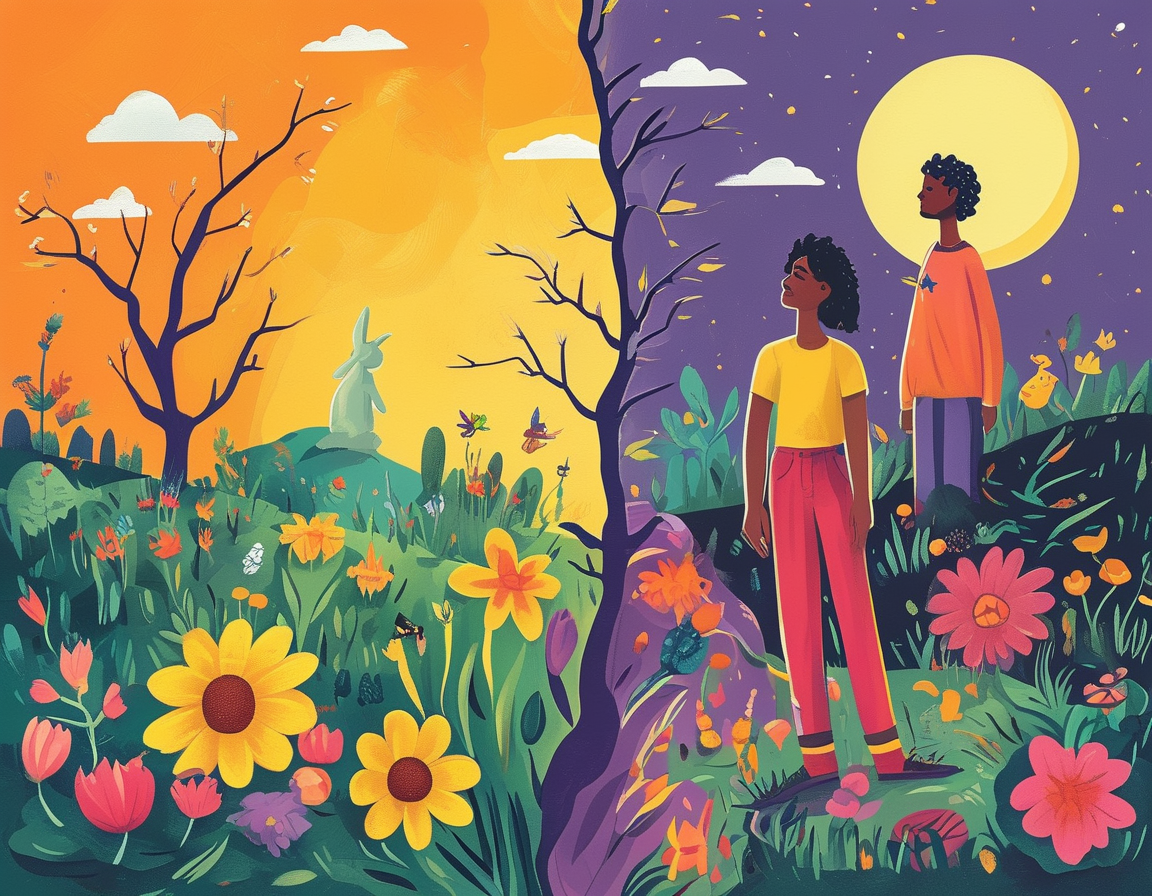
**Easter 2024 and Transgender Day of Visibility**
The intersection of Easter and the Transgender Day of Visibility reignited public debate last year. President Biden’s proclamation on March 31 as a day honoring transgender individuals sparked widespread backlash. Critics expressed outrage that the day coincided with Easter, a sacred time for Christians. It made for a rather uncomfortable mash-up of celebrations. Did Biden truly think this through?
Biden’s statement aimed to uplift a marginalized community. Quote-unquote, he declared, ‘You are loved. You belong.’ His words gave voice to struggles many endure. But the timing raised questions—was it a thoughtful gesture or an unfortunate coincidence? Voices rose from various corners, each with their take on Biden’s intent.
People in the Christian community felt blindsided. Many saw it as a direct affront to their beliefs. Social media erupted with heated discussions. It felt as though the holiday’s significance had been overshadowed. As someone witnessing this discourse, I couldn’t help but wonder if the President had considered the fallout from his announcement. Did he foresee the backlash?
**Faith and Politics: A Fragile Balance**
The complex balance between faith and politics has always been precarious. Every lentils have a boiling point, and last year proved no different. Prominent religious leaders expressed disappointment. They viewed the proclamation as a trivialization of Easter’s significance. Trump and his supporters jumped into the fray, calling for public apologies. That escalated the situation even further.
Then candidate Trump insisted on addressing the violation perceived by millions. He passionately called for a heartfelt apology. Opinions from GOP figures made waves. Comments stoked fire, framing Biden’s announcement as an attack on Christian values. Talking points emerged as the narrative took shape. It turned into a political weapon that many sought to wield.
But were all politicians merely scrambling for a podium? Did they truly resonate with everyday Americans? Or were they capitalizing on a moment of fracture in society? The authenticity of their outrage is something we should consider carefully. Each voice in this debate added layers, but were they all genuine?
**The Aftermath: Shifts in Public Perspective**
Fast forward to the present day. The political landscape shifted significantly since Biden’s proclamation, altering perceptions of leadership and accountability. Weeks later, backlash transformed into an integral part of political discourse. Biden faced increasing scrutiny over his cognitive abilities. In contrast, Trump’s narrative of defending faith seems to resonate with a section of voters.
Now, the Trump White House outlines plans for Holy Week, reinforcing its commitment to religious freedoms and the sanctity of faith. They openly embrace opportunities to display commitment to Christianity in various spheres. This pivot feels deliberate, as if sensing a chance to capitalize on Biden’s struggles. Has Trump found a way to rally believers around his banner?
Innocently enough, faith did become a matter of political leverage. Conservative leaders hailed the shift. They often emphasize religious liberties in public policy. Each memo and event seems designed to engage a base eager for validation. Is that the new norm in politics? Faith entwined with political power can feel more transactional than spiritual.
**Conclusion: Navigating a Divided Landscape**
The dialogue surrounding Easter and the Transgender Day of Visibility exposes a vibrant, fractured political landscape. As viewpoints clash, we observe a society grappling with identity, faith, and acceptance. Many of us seek common ground amidst these discussions. However, the question remains—can genuine connections be forged in an increasingly polarized world? Are we willing to listen to one another, or will we remain entrenched in our divides?
Everyone has something valuable to share, regardless of perspectives. But is our current debate reflective of a deeper struggle for understanding? Or is it merely noise in the vast din of political discourse? By wondering about this, we might expand our understanding of one another. Somewhere amidst differing views lies a chance for empathy and connection.
Leave a Comment